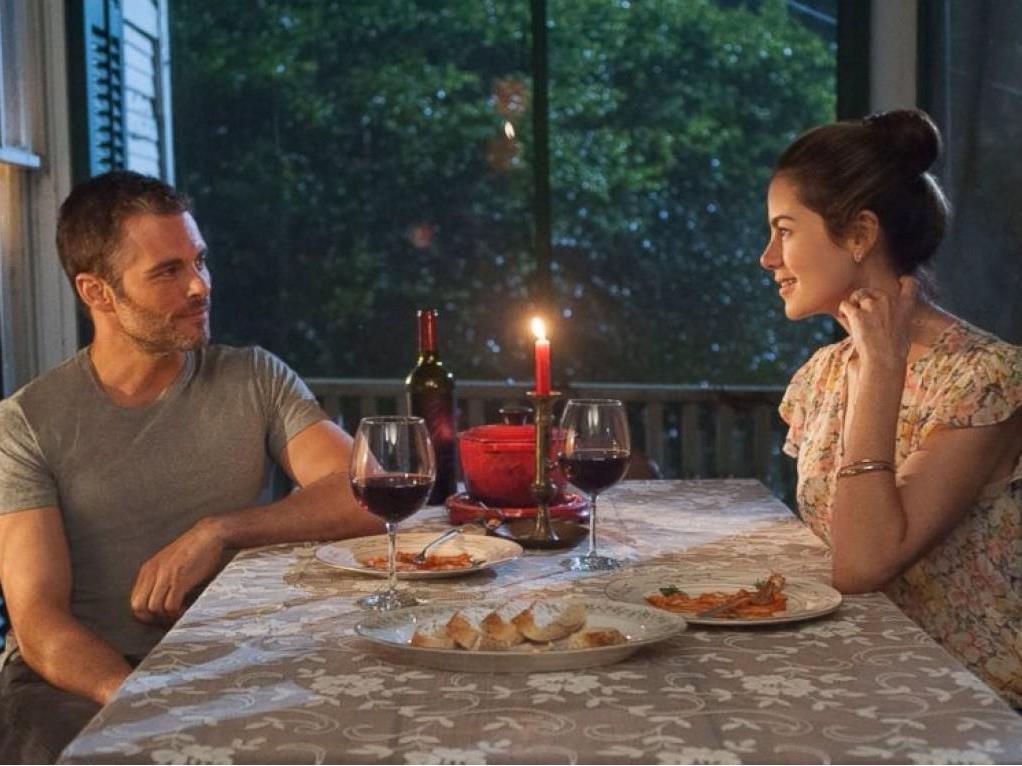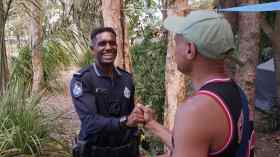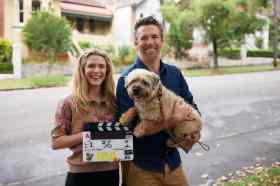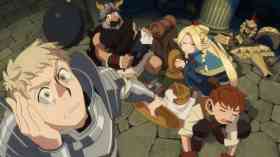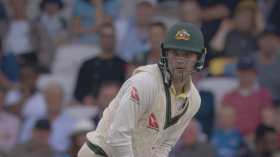Cinema’s inherent escapism is part of its enduring appeal, with the ability to transport audiences away from their daily routines not to be underestimated. For some, that stems from watching superheroes save the world, being scared by serial killers, or exploring the outskirts of science fiction. For others, it springs from having a hearty laugh at an outlandish situation, or being swept away by romantic encounters. It is courtesy of the last category that the works of Nicholas Sparks, of The Notebook, The Lucky One and Safe Haven fame, have prospered.
Writing wish-fulfilment flights of fancy about lust and love has seen Sparks become a fixture on best-seller lists, as well as a common name on cinema marquees. His books frequently make the leap from page to screen, with The Best of Me the ninth movie adaptation of his prose in less than two decades. In written and filmed form, his popularity comes not only from narratives born of wistful daydreams, but also from their ease of consumption courtesy of adherence to a now well-established formula. A checklist of elements recurs, including waterside locations, rustic houses, sunset glows, class clashes, paternal influences, family dissent, the intrusion of tragedy, untimely separations, over-complicated obstacles, correspondence by letter, contemplations of fate, and ridiculous last-minute twists, all evoking comfort in their repetition.
So it is that the story of Amanda Collier and Dawson Cole unfolds, the latest star-crossed relationship scrawled from Sparks’ pen. Their saga intercuts between multiple timeframes, the twosome meeting as spirited teens and dreaming of a future together, before being torn apart and then reunited 21 years later. As adults with individual lives, the suburban mother (Michelle Monaghan, TV’s True Detective) and the oil rig worker (James Marsden, X-Men: Days of Future Past) are brought together by a death in their home town. As high schoolers, the feisty rich girl (Liana Liberato, If I Stay) and the boy from the wrong side of the tracks (Luke Bracey, G.I. Joe: Retaliation) saw their love struggle under the weight of their pronounced differences.
The presentation of a feature based on Sparks’ novels has become as standardised as the plot, with those toiling away behind the scenes almost rendered irrelevant in what becomes a filmmaking game of painting by the numbers. Here, director Michael Hoffman (The Last Station) oversees a production that complies as closely as it can with the accepted template, the warm colours of cinematographer Oliver Stapleton’s (The Guilt Trip) shots, the lingering timing of editor Matt Chesse’s (World War Z) cuts, and the swelling violins of composer Aaron Zigman’s (The Other Woman) score included. Screenwriters J. Mills Goodloe (A Gentleman’s Game) and Will Fetters (Remember Me) retain the trademark flowery dialogue, overt sentiment and obvious foreshadowing.
Performances follow the same pattern, aiming for and achieving bland, broad archetypes both likeable and loveable in nature. Monaghan and Liberato ensure Amanda is as yearning and sincere as the tale needs her to be, and though Bracey is ill-fitting as a younger version of Marsden, presumably a result of the latter filling in for Paul Walker after his passing, their interpretations of Dawson match in their brooding heroics. Like the film itself, theirs are competent portrayals based on divertingly melodramatic material that doesn’t ask for much more than the perpetuation of and immersion in a flimsy fantasy. That’s Sparks’ unashamedly earnest and seemingly unceasing ambit, and The Best of Me fits the author’s oeuvre perfectly.
Rating: 2 stars out of 5
The Best of Me
Director: Michael Hoffman
USA, 2014, 118 mins
Release date: 23 October
Distributor: Roadshow
Rated: M
Actors:
Director:
Format:
Country:
Release:
